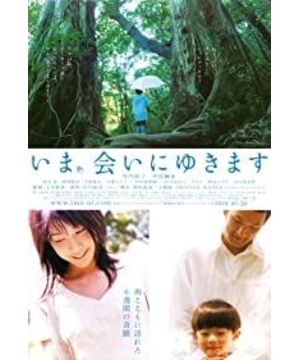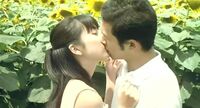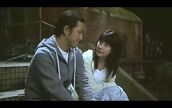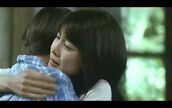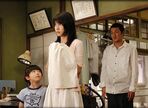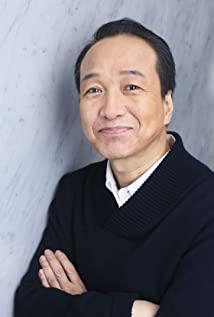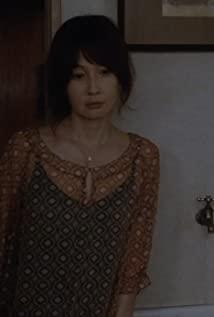I don't know if I watched the Korean version first and liked it very much, so I was preconceived and would always make comparisons unconsciously. Love the Japanese version of the title. Both the Japanese version and the Korean version have very local elements, love and parting in the rainy season in Japan, upside-down rain dolls, sunflowers, bed scenes, Korean four-leaf clovers, wishing stones, penguin fairy tales, I really want to know if they are made into China What will the version be like.
I like the Japanese version of the teacher very much, the hope and reluctance of my mother and my mother asking another woman to take care of the father and the child, and watching each other confess to each other in bed, and then have sex scenes.
I really like the Korean version of funny content, family videos, etc. The role of the male protagonist and friend is too brilliant, and the re-encounter of the little train turned out to be the Korean version, not the Japanese version. The Korean version has too many heart-wrenching little details, and the rhythm is also very good. The audience laughed happily and cried sadly.
Personally, I imagine that the Chinese version of the father is dull and innocent. How should such a person shape his dead and resurrected wife? The Korean version is to build a canopy every night, no matter what you do, you have to stay. The Japanese version is more Buddhist, like acceptance, but when the moment really comes, I am still excited, and I prefer the Korean version. In my idea of the school romance in the middle version, girls will also go to the playground to run. After the boys find out, the two were originally side by side, but the boys will run away at once, run to the other side of the playground and run parallel to the girls, peeping and running. It's so puerile and guesswork.
Will the child hug the resurrected mother excitedly? Or stay put and just watch because of the trauma? But they all feel that the two versions of the child's lens are not good at first sight. The Korean version of the child hides in the mother's wardrobe and falls asleep at any time to find the mother's praise. Maybe the Chinese version should create a different atmosphere in ordinary life as soon as it comes out. For example, normal children like sunny days, but in the play, children will be sad on sunny days, extremely excited on rainy days, and strongly pray for rain. This form begins. In the middle of the Chinese version, there will be a collection of film critics' books to record every drop of a child's growth from pregnancy to the mother's death, showing the happiness brought by the child. After the mother's death, the father will silently record it. The wife who came back in the rainy season can see the missing growth of the child, as if she has never left, and can take pictures of the details, three fried eggs and two fried eggs on the plate and then three fried eggs. I like the Korean version of mothers who teach their children to learn to live with their children. Speech at the performance, crying violently. I like the Japanese version of the mother to accompany the child to plant, the Chinese version must plant a tree, let a living person grow with the child, and fly a kite, when you miss your mother, put the letter on the kite, and the mother in the sky will see it. Both the child and the father are ashamed of their mother, and the mother is also ashamed. They are ashamed of leaving early. After the rainy season comes back, what they secretly do for each other should be deepened. Everyone is silently preparing, wanting to stay, making plans to leave, happy Extreme will want to cry, leaving will cry. It will be more impressive.
In addition to pure love, we should talk about it after crossing the time, and we should also have more family affection. I want to continue thinking about the Chinese version.
View more about Ima, ai ni yukimasu reviews


